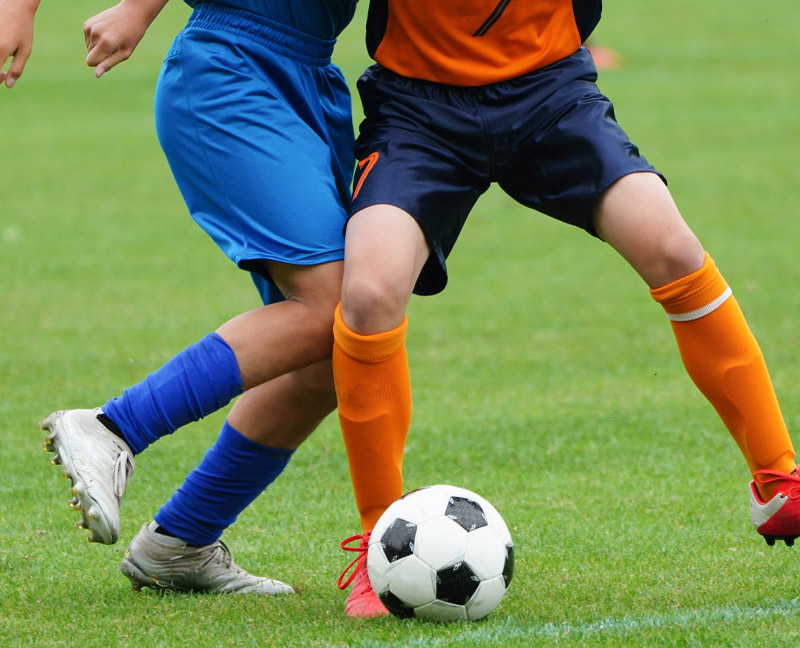Recognizing the Warning Signs of a Concussion in Youth Sports: The Importance of Baseline Testing

Youth sports are a fantastic way for children to develop physical fitness, learn teamwork, and build confidence. However, the increased intensity and physical contact in sports also raise the risk of injuries, including concussions. A concussion is a type of traumatic brain injury (TBI) that occurs when a blow or jolt to the head disrupts normal brain function. Understanding the warning signs of a concussion and the importance of establishing a baseline can be crucial in protecting young athletes.
Recognizing the Warning Signs of a Concussion
A concussion can be difficult to diagnose, especially in children who may not fully understand or communicate their symptoms. However, being aware of the warning signs can help parents, coaches, and teammates take quick action to ensure the child’s safety. Here are some common signs to watch for:
- Physical Symptoms: A child with a concussion may complain of headaches, dizziness, nausea, or vomiting. They may also experience blurred vision, sensitivity to light or noise, and balance problems. Any loss of consciousness, even for a brief moment, is a serious sign.
- Cognitive Symptoms: Concussions can affect a child’s ability to think clearly. Watch for signs such as confusion, difficulty concentrating, memory problems, and slowed reaction times. The child may seem dazed or stunned.
- Emotional and Behavioral Changes: A concussion can also lead to changes in mood and behavior. A child might become irritable, anxious, or sad. They might also exhibit personality changes, such as being unusually aggressive or more withdrawn than usual.
- Sleep Disturbances: Changes in sleep patterns can also indicate a concussion. The child might have trouble falling asleep, sleep more than usual, or have difficulty waking up.
The Importance of Establishing a Baseline
One of the most effective ways to manage concussions in youth sports is to establish a baseline assessment before the season starts. A baseline test evaluates an athlete’s normal brain function in areas such as memory, concentration, balance, and reaction time. If a concussion is suspected, the baseline results can be compared to post-injury tests to determine the severity of the injury and guide the return-to-play decision.
Baseline testing is crucial because it provides a personalized reference point for each child. Since every brain functions differently, knowing what is “normal” for that specific child helps healthcare providers make more informed decisions about their care. Without a baseline, it can be challenging to assess the full impact of a concussion, potentially leading to a premature return to sports, which increases the risk of further injury.
Concussions are serious injuries that require immediate attention and proper management to prevent long-term damage. By recognizing the warning signs and understanding the importance of baseline testing, parents, coaches, and healthcare providers can help ensure the safety and well-being of young athletes. Investing in baseline testing at the start of the season is a proactive step that can make a significant difference in the event of an injury, helping to safeguard the health of children who participate in youth sports.
The contents of this article have been reviewed by Dr. Dante Marconi with Shore Physicians Group. Dr. Marconi treats patients at Shore Physicians Group’s Orthopaedic Division office located at 710 Centre Street, 2nd Floor in Somers Point, NJ To schedule an appointment with Dr. Marconi, call 609-365-6280.